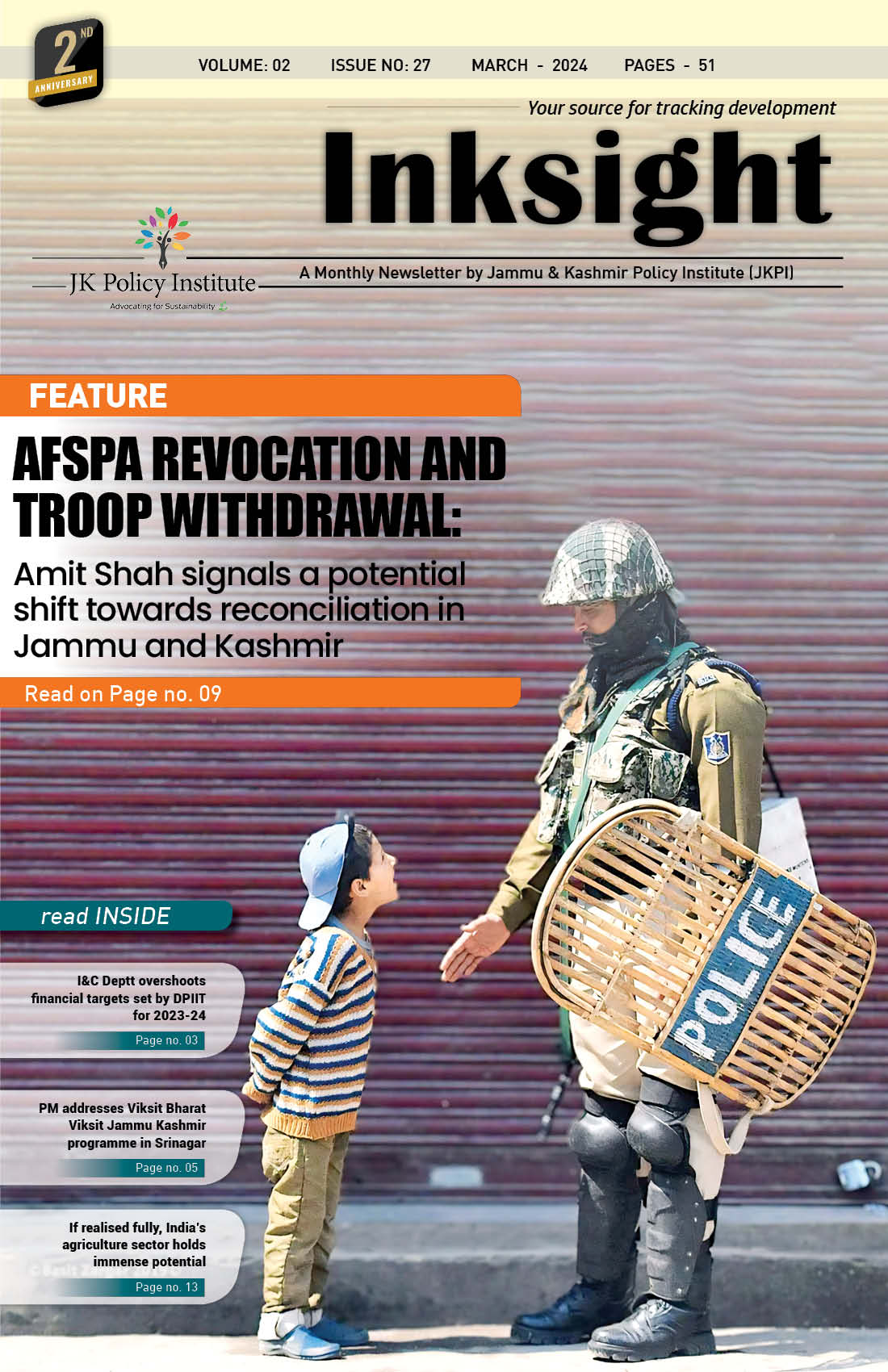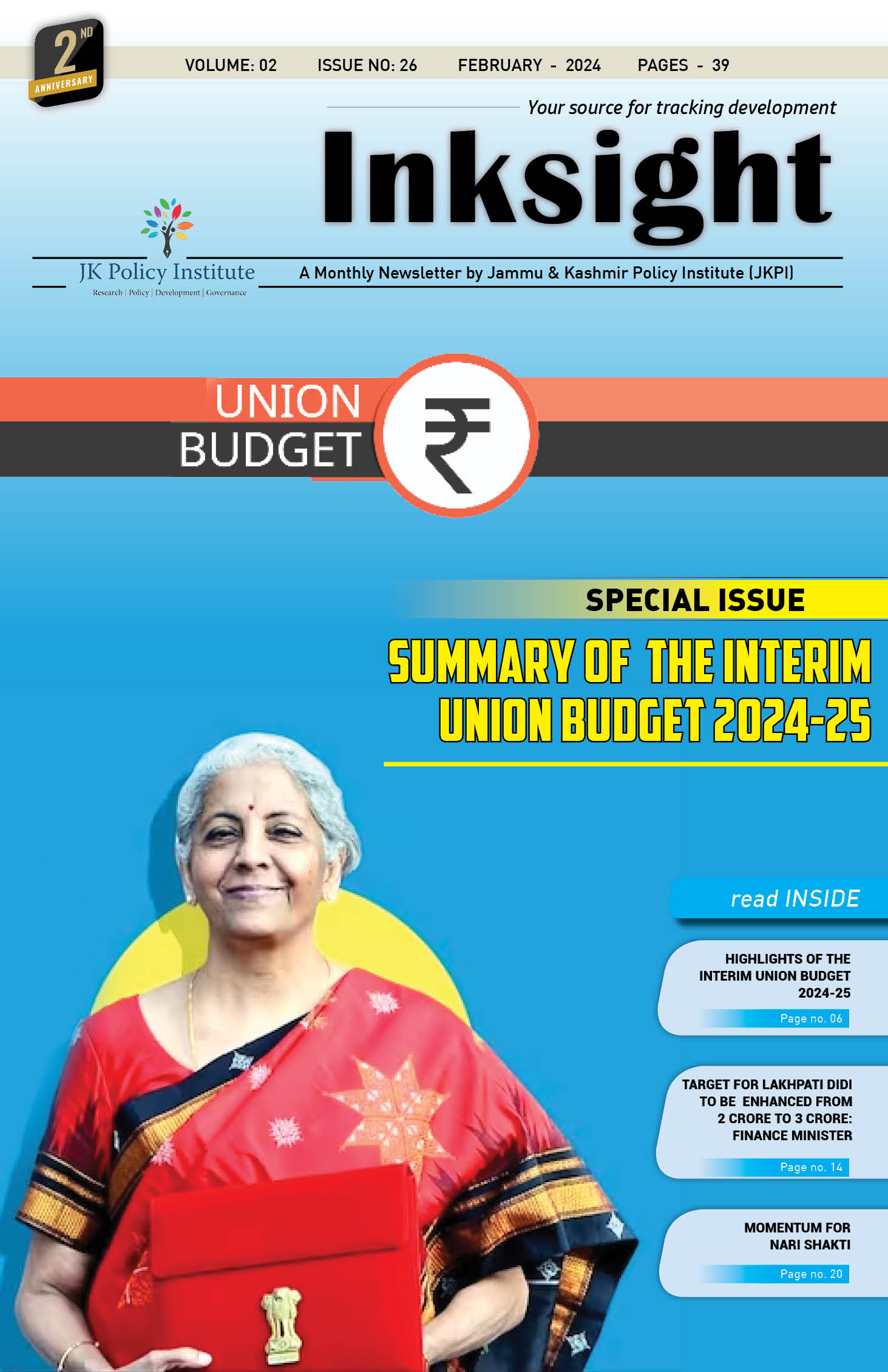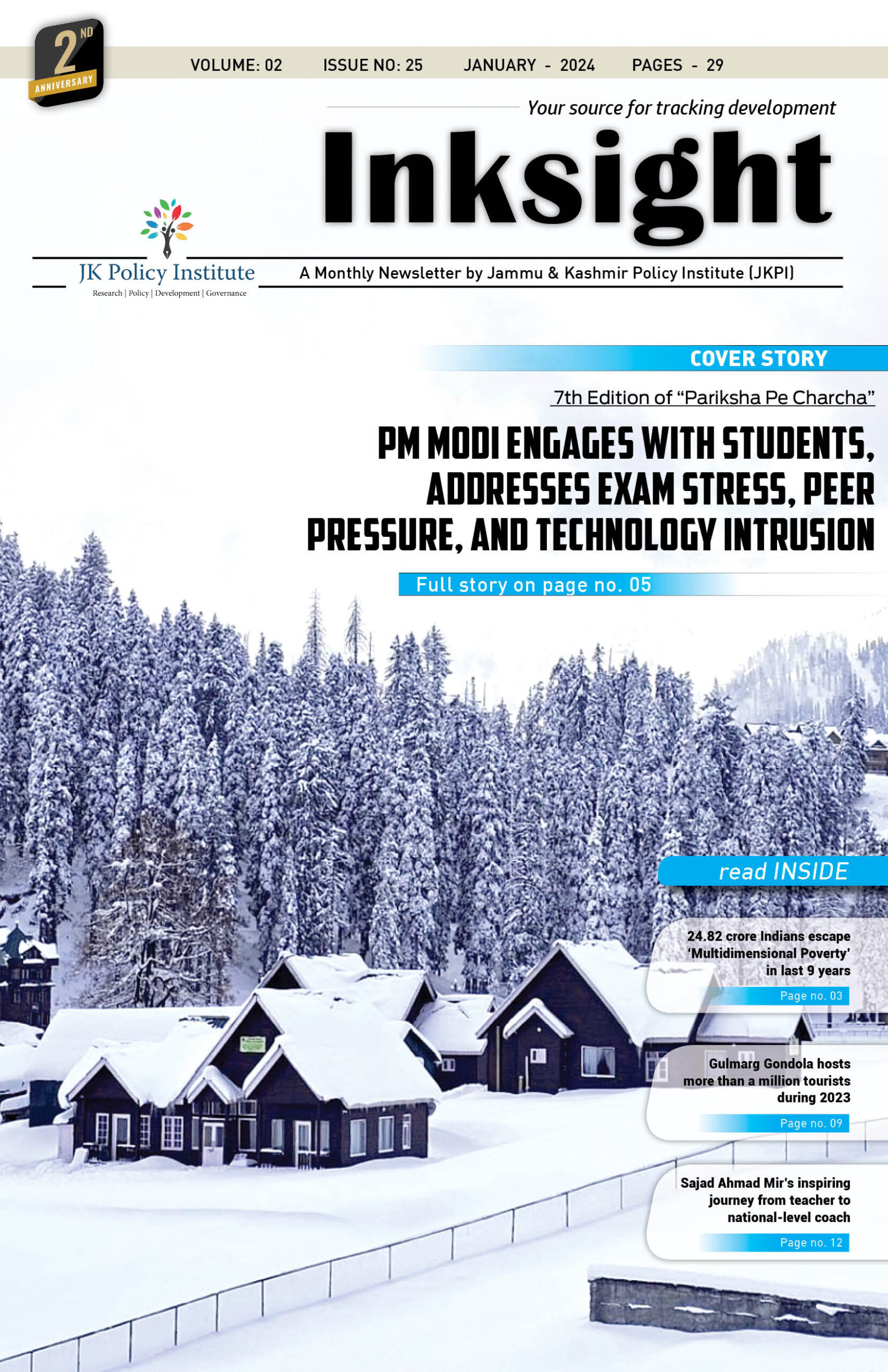Analysis by Javaid Trali and Touseef Raina
Executive Summary: Political changes are known to have played a significant role in determining how the broader trends in conflict function in Jammu and Kashmir. However, trends in radicalization that is one among the number of variables aiding the perpetuation of the conflict has to be studied while taking into account possible motivations that could have driven the youth to take up the gun, while placing those instances within the broader framework of trends triggered by shifting political realities. Individual context of sufferings and circumstances can thus be mapped to suggest what kind of socio-economic realities, particular life episodes could be feeding into the unconscious biases from past experiences and dominant narratives that the youth are exposed to and that have the potential to lead few young men to become more vulnerable to radicalization as against the majority. What drives this choice? Which narrative pushes the youth to choose violence? Do they have an alternative non-violent option that they can explore in a dignified way? If yes, how can such options be made more readily available? If no, then what can be done to facilitate such spaces of engagement and opportunity? But most importantly, how can the root causes of this vulnerability to radicalization as mapped from this limited study be addressed? These are difficult questions that team JKPI took up under the able leadership of Mr. Javaid Trali and Mr. Touseef Raina. Miss Sohini Jana worked on this report in an assistive capacity to analyze in depth the role of religious identity in the motivation behind the decision of the young militants. The team conducted some field visits and interviews to cover a small sample group of family members, friends and community people of 10 young men who had joined the militancy in the past few years. This report aims to only provide an overview and possible trend mapping from this small sample group and by no means claims to be conclusive about any proposed suggestion. The team recognizes that there remains more to be studied, and also acknowledges that the deceased young men and also the ones who are active now are being studied here through the lens of their community people, family and relatives. Thus attempt has been made to present the information while distilling the subjective position of the interviewees as much as possible. For the purpose of this study, the researchers have attempted to sieve out the common factors from all the stories, explore how those common factors could have contributed to the motivation while at the end of the study, there has been an attempt to also acknowledge the differences that mark the experiences of the subjects studied.
The researchers have decided to keep the identities of the militants confidential whose families and community members were interviewed for the study in the interest of security and also to be mindful of their privacy, though certain details from their cases has been cited for the purpose of trend mapping in the report.






Leave a Reply
You must belogged in to post a comment.